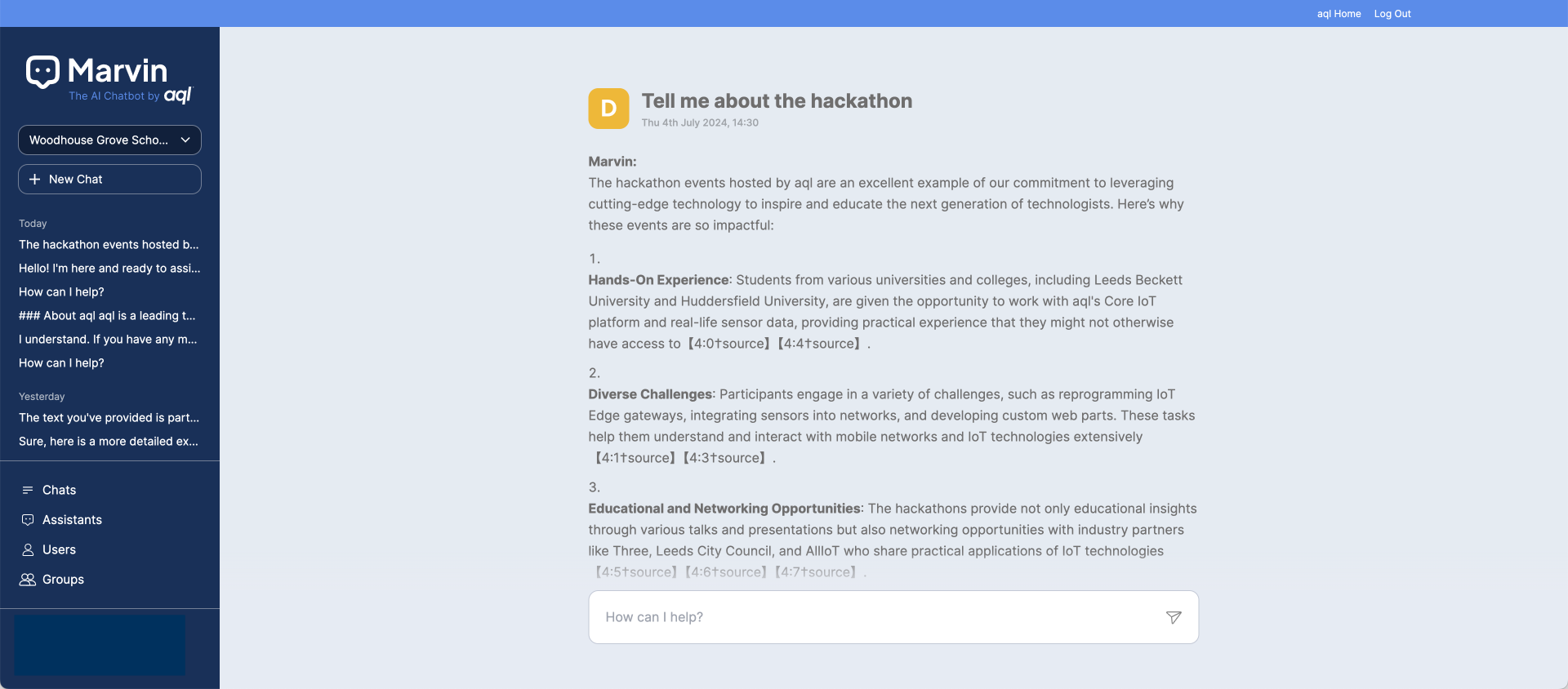Posted on 16th July 2024
Written by Greg Monk, Marketing, aql
In simple terms, artificial intelligence (AI) is machine-simulated human intelligence. AI technology allows machines to learn, adapt, and perform tasks that previously required humans to do. It has an incredibly broad range of uses, including machine learning, robotics, neural networks, and language processing. Thanks to AI’s ability to learn, it improves continuously. For many, it has already become a part of daily working life, a trend that is set to grow and expand in the coming years.
AI is poised to revolutionise industries, particularly the telecommunications marketplace, by driving efficiency, innovation, and enhanced user experiences. At aql, we see AI as a key enabler to improve our and our customer’s business outcomes. This is why we’ve been designing large language models capable of supporting all elements of aql’s business services and pipelines. Currently, we are leveraging advanced AI technology, specifically generative pre-trained transformers (GPT), to create AI models that can be used for specific purposes.
We have recently incorporated AI into several hackathons that we have held. In order to do this, we created an array of GPT AI assistants that were equipped with all required knowledge for the hackathons’ challenges as well as in-depth knowledge of the aql Core IoT platform. The hackathons featured tasks that ranged from enabling live LoRaWAN and NB-IoT sensors, to developing decoders and visualisations through our Core platform, to creating virtual sensors using HTML and integrating InfluxDB and Grafana. Despite having to cater to attendees with a wide variety of technical competencies, the AI assistants’ thorough knowledge of the challenges and the Core IoT platform meant they were able to provide detailed guidance, automate routine tasks such as writing simple code, and enable attendees to get the most out of the event.

aql’s Hackathon AI interface in Use
It was inspiring to see how different teams adopted the AI assistants to maximise their learning and technical experiences. After each of the events, we were able to analyse the kinds of questions attendees asked the AI, making use of the AI’s inherent ability for exponential learning to improve it for future events, as well as helping us to suggest different prompt questions to attendees to help them get the most out of this technology. Interestingly, post-event analysis also revealed that teams who fully utilised the AI assistants at the events tended to perform best on the day.
Having successfully hosted three AI-assisted hackathons, we feel that the successful implementation of our AI demonstrates our commitment to driving a smarter, more connected future in the telecommunications industry, and strengthens our belief that by integrating AI into our workflow, we will be better positioned to manage our infrastructure, reduce operational costs, and deliver superior service, ultimately helping shape the future of the telecommunications industry. Looking ahead, the integration of AI will be fundamental in maintaining our position as a leader in technology innovation to empower a smarter connected society.
Originally posted here
Comments are closed.